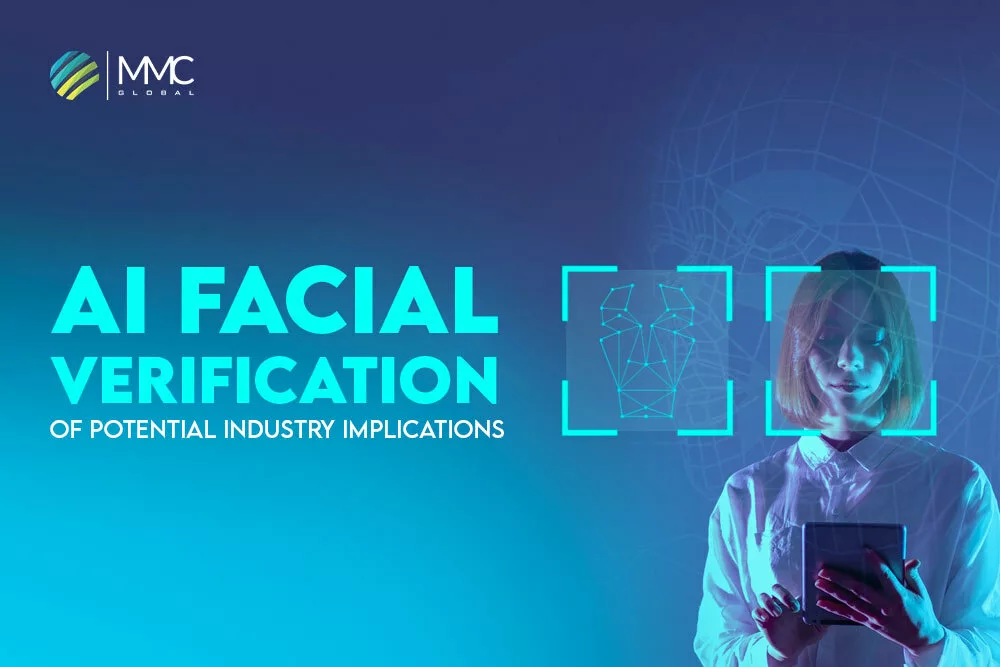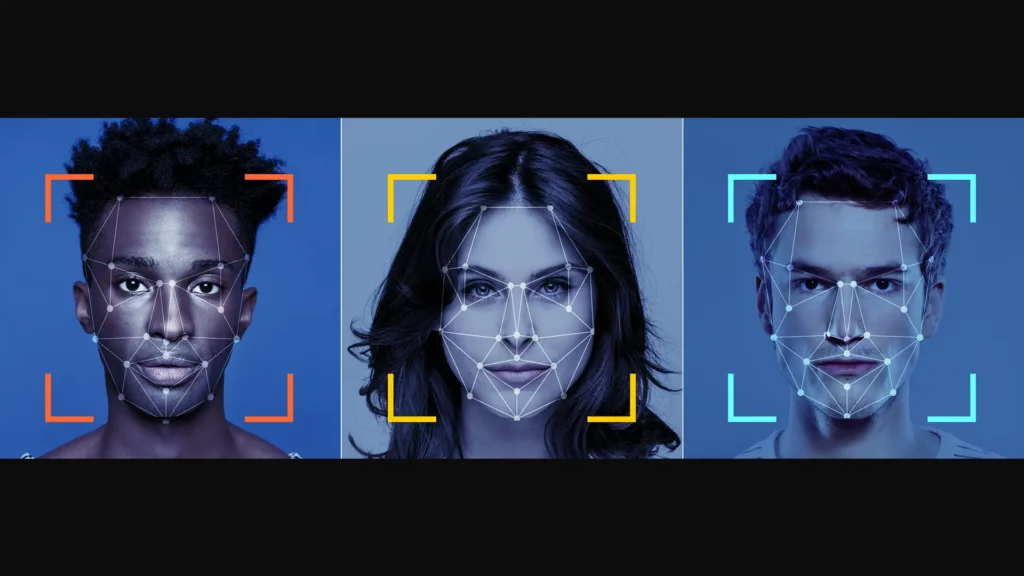AI Facial Verification of Potential Industry Implications



Identity verification solutions must be secure and effective in a society that is becoming more and more digital. Online face verification, a technology that employs facial recognition to confirm a person’s identity, has rapidly emerged as a frontrunner in this regard. With its AI development to revolutionize a wide range of industries, from finance to healthcare, this technology has several key implications that are reshaping the way businesses and organizations operate. The market for facial recognition was estimated to be worth $3.85 billion globally in 2020 and be prepared to rise at a compound annual growth rate of over 10% to reach over $10 billion by 2025. (CAGR) of around 17.5%. This exponential growth underscores the technology’s transformative potential across industries.
Enhanced Security in Financial Services
The financial industry is no stranger to identity theft and fraud, which can result in crucial financial losses for both institutions and individuals. Online face verification offers a robust solution by allowing banks and other financial service institutions or providers to confirm the identity of customers in real-time. This technology goes beyond traditional methods like passwords and PINs, reducing the risk of unauthorized access and fraudulent activities. By leveraging the unique facial features of individuals, financial institutions can enhance security and foster trust among their customer base.
Streamlined User Onboarding in E-Commerce
E-commerce platforms often struggle with striking a balance between user convenience and security during the registration and onboarding processes. Online face verification addresses this challenge by enabling swift and secure account creation. Customers can now be uploading a picture of their face to verify their identity, eliminating the need for lengthy forms and manual verification processes. This not only enhances user experience but also reduces the likelihood of fake accounts and fraudulent transactions.
Healthcare and Telemedicine Advancements
The healthcare sector has embraced telemedicine and digital health services, which require accurate patient identification to ensure the right care is delivered. Online face verification can play a pivotal role in patient identity verification, ensuring that medical records are correctly matched, and treatment is administered safely. Additionally, this technology could enable remote patient authentication for prescription refills and telehealth consultations, enhancing both efficiency and security in healthcare delivery. By 2025, the global telemedicine market is projected to exceed $175 billion, creating substantial opportunities for the integration of facial recognition for patient verification.
Air Travel and Border Control Efficiency
The travel and hospitality industry has seen substantial disruption due to increased security measures and border control protocols. Online face verification could significantly improve the efficiency of airport security processes by enabling seamless identity verification. Passengers could go through check-in, security, and immigration checkpoints using facial recognition technology, reducing long queues and wait times. Moreover, this approach enhances security by cross-referencing passenger identities with relevant databases, minimizing the risk of fraudulent travel documents. This is particularly important considering that global cybercrime costs are projected to exceed $10.5 trillion annually by 2025.
Workplace Attendance and Access Management
The traditional method of manual attendance tracking and access control systems is prone to errors and can be time-consuming. Online face verification can streamline these processes by offering an automated and accurate solution. Employees can use their facial features to clock in and access secure areas, eliminating the need for physical badges or access cards. This not only improves overall security but also reduces administrative overhead associated with attendance tracking.
Personalized Customer Experience in Marketing
Marketers are increasingly leveraging data to create personalized experiences for customers. Online face verification adds another layer of personalization by enabling businesses to identify customers as soon as they interact with their platforms. This fact can be used to tailor marketing messages and recommendations, enhancing user engagement and driving sales. However, it’s crucial to strike a balance between personalization and user privacy to avoid potential ethical concerns.
Read more: AI Marketing Predictive Analytics – How to Use Predictive Analytics in Business
Summing Up
Online face verification is poised to reshape numerous industries by enhancing security, improving efficiency, and providing personalized experiences. While these implications hold immense promise, they also raise important considerations related to privacy, consent, and potential biases in the technology. Striking the right balance between innovation and social use will be key as businesses and organizations integrate online face verification into their operations. As this technology continues to expand, it has the potential to transform industries and reconsider the way we interact with digital services.



